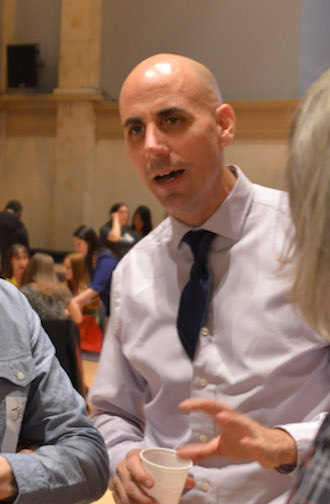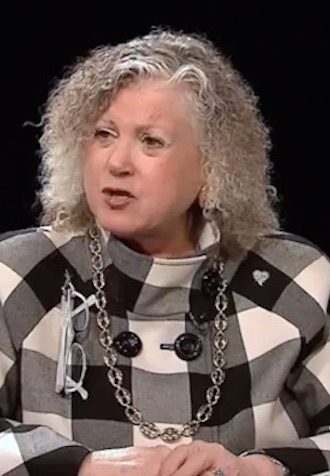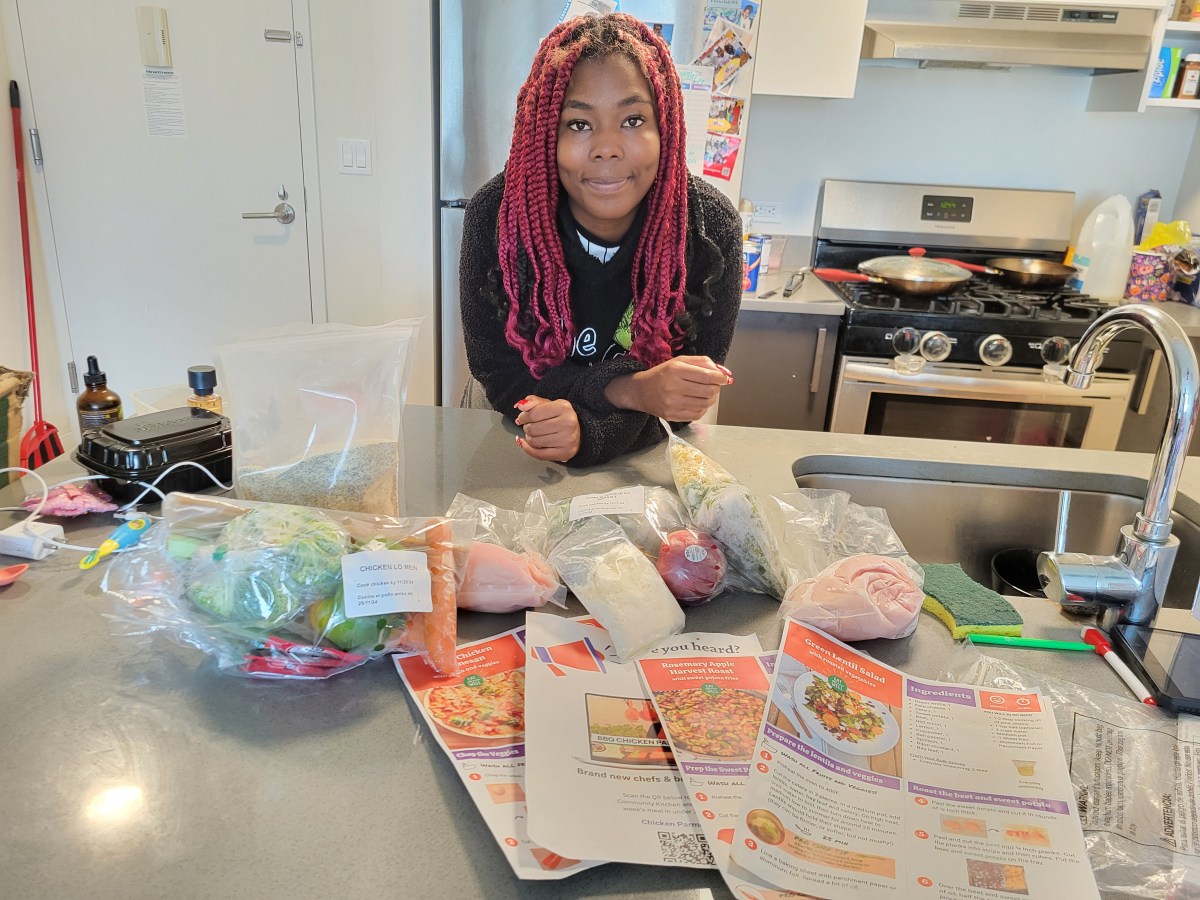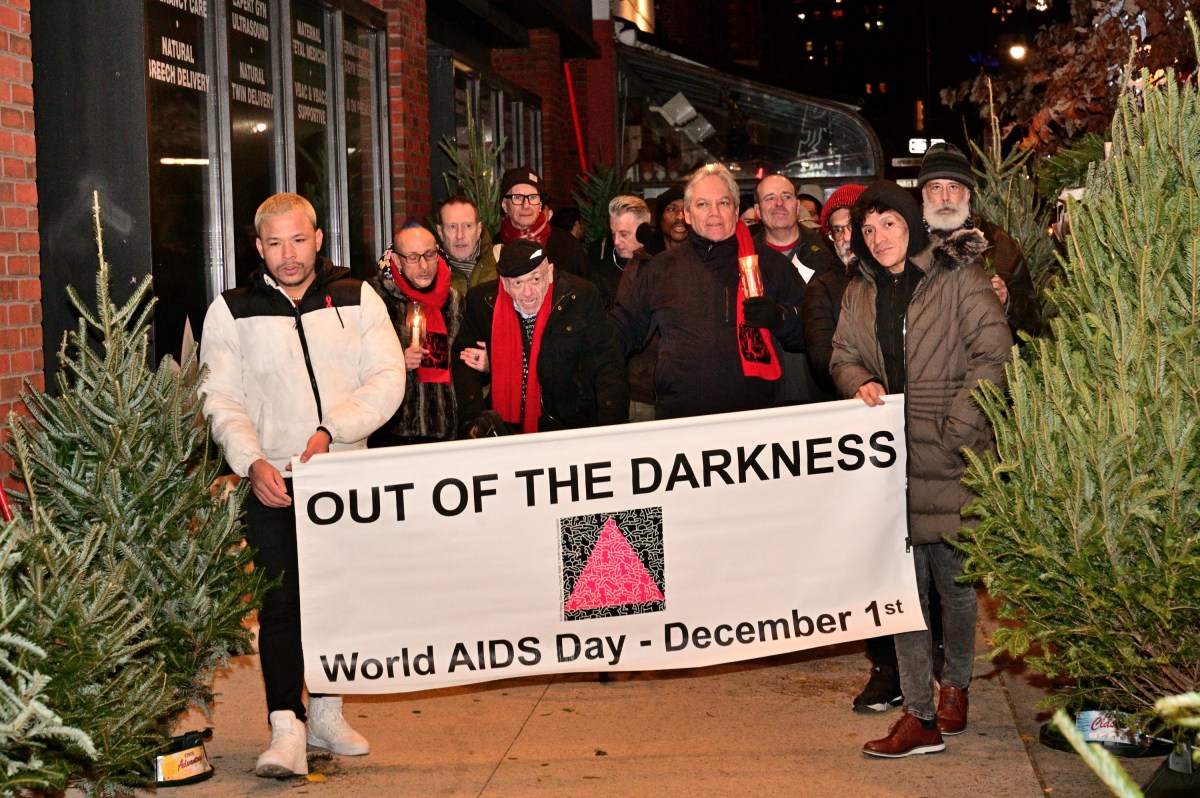
BY REBECCA FIORE | Local community leaders and advocates for the city’s street vendors offered mixed reaction to the tabling of street vendor legislation — originally scheduled for a vote last week at the City Council’s final meeting of the year — by Speaker Melissa Mark-Viverito, who had previously supported the measure.
Intro. 1303, the Street Vendor Modernization Act, would increase the number of food vendors by 330 per year over 10 years, above the current cap of 5,100 and also provide a new office for enforcing laws and regulations affecting vendors. Another feature of the measure, however, would mitigate the impact of more vendors by requiring that the person licensed for the cart be present during all hours of operation, tightening the requirements that currently allow a license holder to hire workers to staff a cart 24 hours a day.
Sean Basinski, director of the Street Vendor Project, a unit of the Urban Justice Center and the group fighting for Intro. 1303, blamed Mayor Bill de Blasio for reversing his initial support of the bill.
“We don’t know why the mayor pulled the rug out,” he said. “We thought that there was a deal, and suddenly there wasn’t. We don’t know what changed his mind. When you are fighting against the mayor, it’s very, very hard to win.”
Basinski noted that de Blasio already “demanded significant changes to the bill, including a provision that he could stop the flow of new permits after only three years.”
The bill’s language provides that after 990 new licenses are issued, by 2021, the city health commissioner “has the discretion to discontinue or reduce the number of supervisory licenses issued in subsequent years.”
Twenty councilmembers sponsored the measure, including Upper West Side District 7’s Mark Levine, who several weeks before the Council wrapped up it 2017 business on December 19, removed his name as its prime sponsor, according to his spokesperson Jake Sporn. Levine continues, however, as a sponsor of the bill.
“I remain committed to pushing forth legislation to empower immigrant entrepreneurs, drain the illegal market of permits, and protect neighborhoods,” Levine said in a written statement explaining his decision. “However, with just weeks before the legislative term comes to a close, I am concerned there is not enough time for my colleagues and New Yorkers to provide their input on any changes that need to be made.”
The Street Vendor Project, Levine, and Mark-Viverito have all emphasized the importance of street vendor entrepreneurship to the city’s immigrant communities.
While the Street Vendor Project views the measure’s tabling as a major upset, Michele Birnbaum, a member of the Upper East Side’s Community Board 8 and co-chair of its Vendor Task Force Committee, said she is very happy the bill didn’t go to a vote, arguing it was “flawed” and was “not sufficient enough to make a real difference.”

Birnbaum said her work on the committee aims to mitigate tensions between Upper East Siders and vendors.
“We are for comprehensive street vending reform,” she said. “We want to take everyone into consideration and treat them fairly.”
Stating that the major aim behind the measure was to curb the “big black market in vendor licenses and [that] if you raise the cap in the number of vendors then you can eliminate some of the fraud,” Birnbaum said she wasn’t convinced it would achieve that aim. Meanwhile, a steep increase in vendor licenses would require a corresponding increase in enforcement efforts, she said.
Birnbaum also argued that the community must have more of a say on where vendors set up shop, even though there is already a list of areas with restrictions on mobile food vending, including stretches of more than 130 streets in Manhattan, according to the city’s website.
Seth Stein, a spokesperson for de Blasio, said, “We opposed this bill because it would have led to a dramatic increase in food vendor permits without providing the tools or time necessary for effective enforcement, and would have increased competition with mom and pop businesses.”
Birnbaum agreed, and turned the argument about helping immigrant communities on its head by arguing that street vendors affect immigrants who own stores most negatively.
“All those immigrants who work hard to have a brick and mortar fruit store or bodega,” she said, “they have to man it, get insurance, be compliant with all the health regulations that a street vendor doesn’t. The vendor population is not the only immigrant working population in New York.”
Basinski said that while there have been many arguments against street vendors, the claim of unfair competition facing brick and mortar stores isn’t accurate.
“Vendors are selling different things, different experience, different item,” Basinski said. “Even if you have a coffee vendor outside a Starbucks, it’s a different price point. The person who goes for the $4 latte isn’t the person who gets the $1 coffee.”
Robin Levine, a spokesperson for Mark-Viverito, said, “The speaker has always sought consensus in the body before bringing legislation before the full City Council for a vote. While the speaker continues to believe that the city’s antiquated street vending laws are in dire need of modernization, we will not be moving forward with a vote at this time.”
It’s time for a re-grouping, Basinski said, pledging — prior to the news that Chelsea Councilmember Corey Johnson, not currently an Intro. 1303 sponsor, has the votes to be elected the next speaker — that depending on the Council’s new leadership in 2018, the Street Vendor Project will assess how to reignite momentum behind the bill. The fight, he said, isn’t over.



































